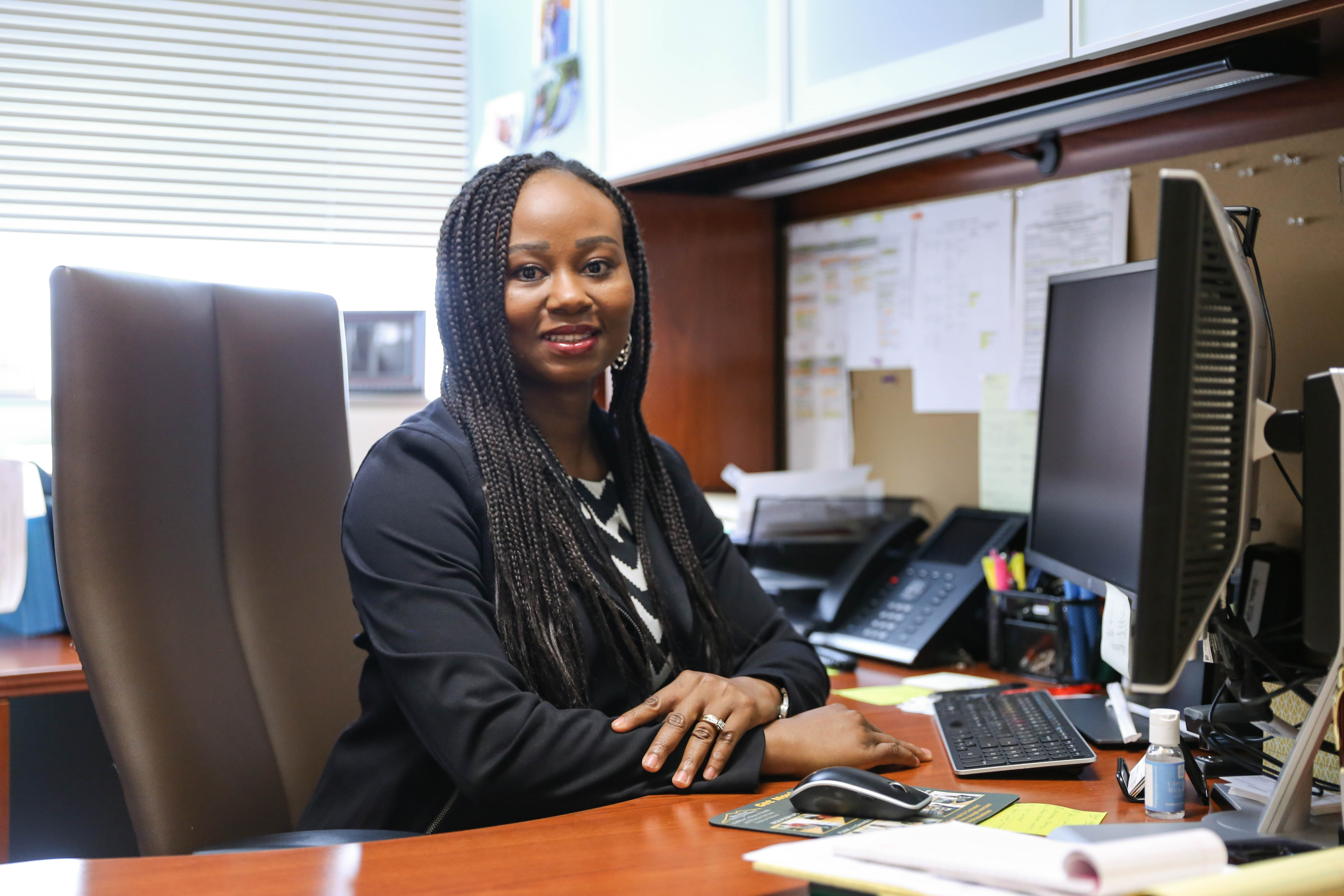Kennesaw State Assistant Professor of Nursing Dr. Yenupini Joyce Adams was recently one of three recipients nationwide to receive a grant from the Association of Women’s Health, Obstetric and Neonatal Nurses, as announced by the university on Friday, Oct. 18.
Adams will receive a $6,000 grant to start her research in the coming months on the AWHONN “Post-birth Warning Signs Education” program given at hospitals across the country, Adams said. The research will examine new mothers’ knowledge of post-partum complications.
“I’m humbled and blessed to receive this opportunity to help make a change in decreasing the high maternal death rates,” Adams said. “This is my passion and [I am] really excited to get started with my research.”
Adams’ research will also include a closer look at the socioeconomic and racial disparities that new mothers may face. The research will be conducted at WellStar Kennestone Hospital and WellStar Cobb Hospital, Adams said.
Adams said she will be selecting a small group of her undergraduate students who have an interest in research to help her along in her research process.
“I had the opportunity to participate in my undergraduate program and it shaped my future,” Adams said. “I hope that I’ll be able to mentor some undergraduate students to allow them to gain that exposure.”
Once Adams evaluates the data she collected through research, she will see which educational methods work and which ones nurses need to improve on to properly educate someone who just gave birth.
Adams said that the data she is collecting assesses the education given by hospitals to women after they give birth. Nurses are at the forefront of ensuring that new mothers are given the proper education they need to remain knowledgeable about their health after birth, Adams said.
By assessing the education given to post-partum mothers, Adams can see if the post-partum maternal mortality rate can be decreased.
“The data collected in this research is imperative to understanding whether the postpartum education given to mothers and their families is making a positive impact,” Adams said. “This information can be used to help reduce high maternal death rates.”
Georgia has one of the highest maternal death rates in the country, with an estimated 46.2 maternal deaths per 100,000 live births, according to US News.
Part of Adams’ research includes the class and racial links to new motherhood. Women of color tend to have higher rates of maternal deaths, up to six times more likely than white women, according to the National Institutes of Health.
Adams stated this discrepancy can be from the lack of quality education provided to black women post-partum. She also said there is a theory that some health care providers do not believe black women when they say they are in pain.
Adams said that she aims to understand the differences between mothers from different racial and socioeconomic backgrounds.
“When collecting my data, I will be asking questions that can help give a better understanding of the discrepancies that occur during discharge,” Adams said.
With data gathered in this research, Adams wants to use the information to help her apply for a new grant by February with the National Institute of Health.
If able to receive the grant from NIH, Adams said she will look specifically at black women’s knowledge about the complications and barriers they face in the health care system.



